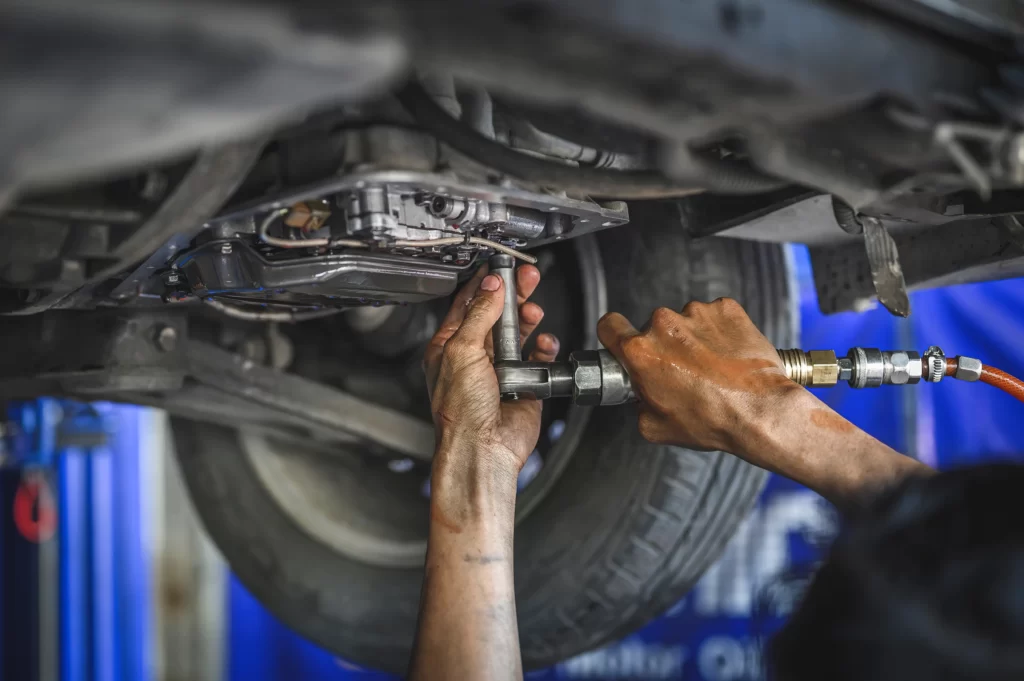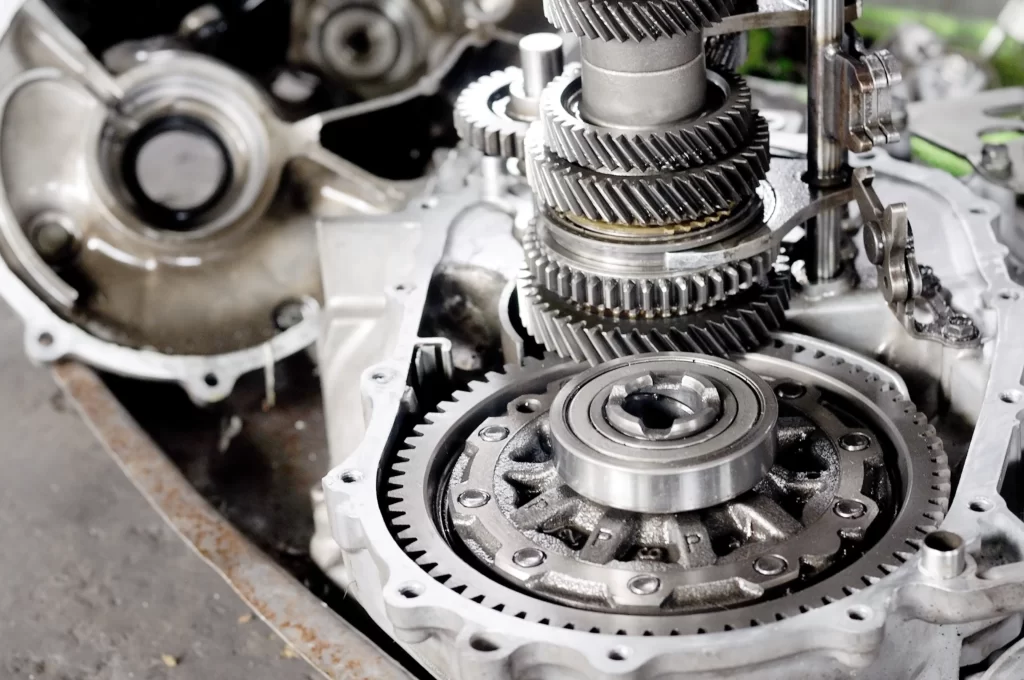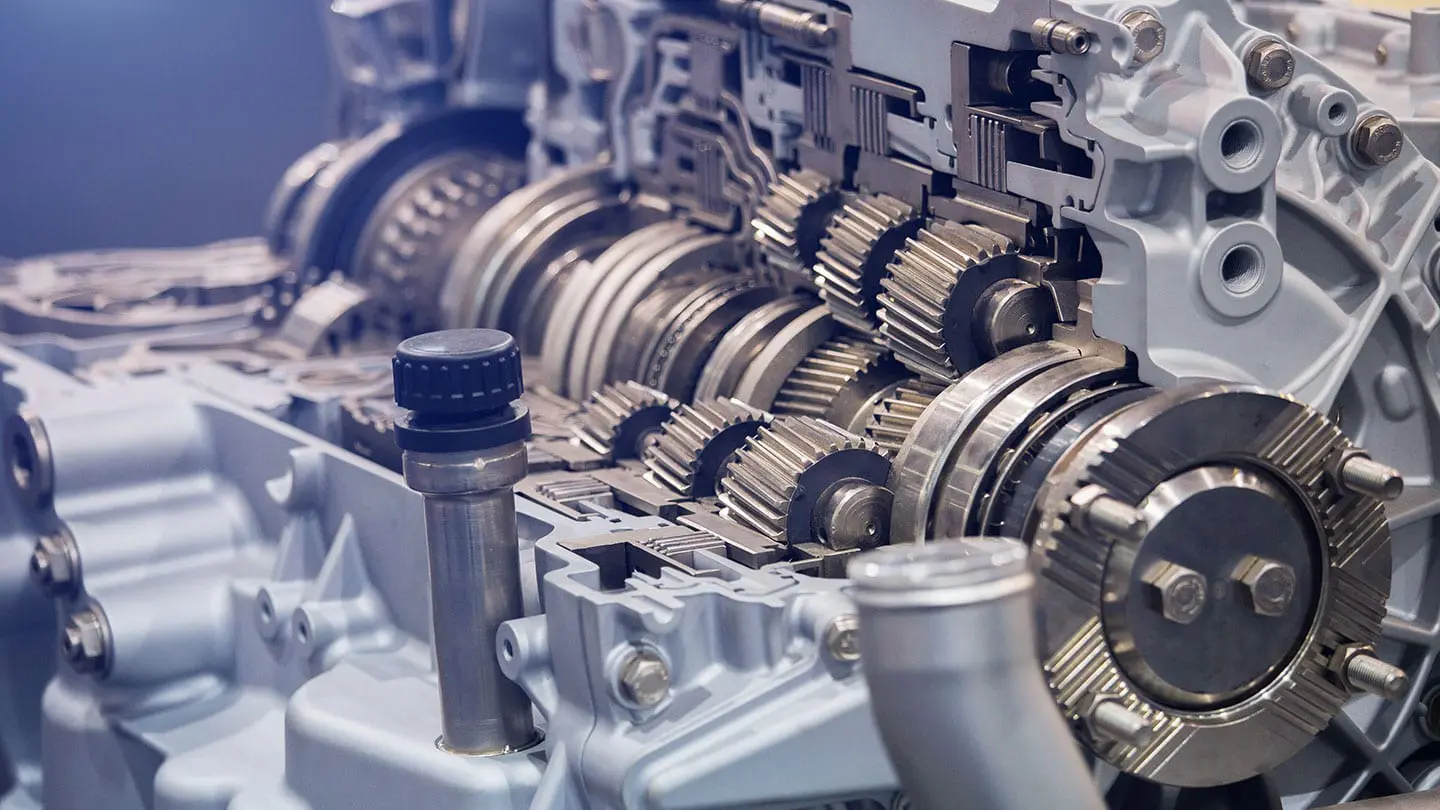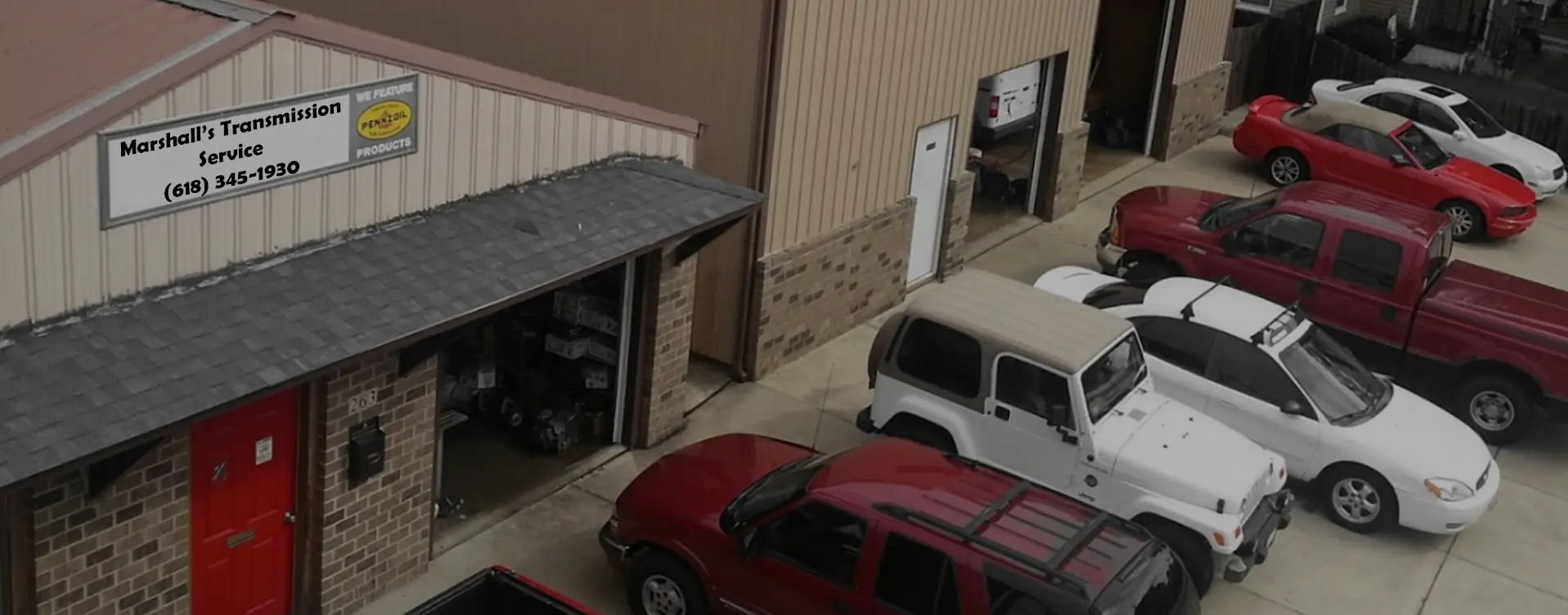
The GMC Sierra has long held its place as a dependable workhorse in the world of trucks, revered for its power and reliability. Nevertheless, like any mechanical marvel, the GMC Sierra is not immune to the occasional hiccup. One of the most common concerns that Sierra owners in Shiloh, IL encounter is transmission problems. In this blog post, we’ll embark on a deep dive into the realm of GMC Sierra transmission issues. We’ll explore the causes, symptoms, and potential solutions to help you keep your Sierra running smoothly for years to come.
Common GMC Sierra Transmission Problems
- Gear Slippage: One of the telltale signs of transmission trouble is gear slippage. You might notice a delay in acceleration, a jolt during shifting, or RPM fluctuations that don’t correspond to your speed. This frustrating issue often stems from worn clutch plates, low transmission fluid levels, or a malfunctioning torque converter.
- Delayed or Rough Shifting: Delayed or rough shifting can significantly impact your driving experience, making your Sierra feel less responsive and comfortable. Possible culprits behind this problem include a malfunctioning transmission control module (TCM), damaged solenoids, or a clogged transmission fluid filter.
- Transmission Fluid Leaks: Transmission fluid plays a crucial role in ensuring the smooth operation of your Sierra’s transmission system. Leaks might occur due to worn gaskets, seals, or damaged transmission lines. Recognizing and promptly addressing these leaks can prevent more extensive transmission damage.
- Overheating: Overheating is another common concern in Sierra transmission systems. High temperatures can cause transmission fluid to break down, leading to a cascade of issues. Common causes of overheating include inadequate transmission fluid, a malfunctioning transmission cooler, or excessive towing or heavy loads.
Diagnosing GMC Sierra Transmission Issues
Understanding the symptoms of transmission problems in your GMC Sierra is just the first step. To effectively address these issues, you’ll need to diagnose the root causes. Here’s a step-by-step guide to help you troubleshoot your Sierra’s transmission problems:
- Check for Warning Lights: Modern GMC Sierras are equipped with onboard diagnostic systems that can illuminate warning lights on your dashboard when transmission issues are detected. Take note of any warning lights, such as the check engine light or transmission temperature warning.
- Listen for Unusual Noises: Pay attention to any unusual noises, such as grinding, whining, or clunking, when you shift gears. These noises can provide valuable clues about the nature of the problem.
- Monitor Fluid Levels: Regularly check your transmission fluid levels using the dipstick provided in the engine compartment. Leaks and other problems can be detected by seeing you have a low fluid level. Be sure to use the manufacturer-recommended transmission fluid for top performance.
- Inspect for Leaks: Examine your driveway or parking spot for any telltale signs of transmission fluid leaks. Red or brownish puddles beneath your Sierra are a clear indicator of a transmission fluid leak.
- Test Drive and Observe Behavior: Take your Sierra for a test drive, paying close attention to how it shifts gears, accelerates, and handles various driving conditions. Note any abnormal behavior, such as slipping gears or delayed shifting.
- Scan for Diagnostic Trouble Codes (DTCs): If you have access to an OBD-II scanner, plug it into your Sierra’s onboard diagnostic port. This will allow you to retrieve diagnostic trouble codes (DTCs) that can provide more specific information about the transmission issue.
Common Causes of GMC Sierra Transmission Problems
Understanding the potential causes of transmission problems in your Sierra can help you address the issue more effectively. Here are some common culprits:
- Worn Clutch Plates: Over time, the clutch plates in your Sierra’s transmission can wear out, leading to slipping gears and other performance issues. Replacing these plates is a common repair.
- Low Transmission Fluid: Adequate transmission fluid is essential for proper lubrication and cooling. Low fluid levels can result from leaks or neglecting regular fluid maintenance.
- Faulty Torque Converter: A malfunctioning torque converter can lead to slipping gears, as it’s responsible for transmitting power from the engine to the transmission. Replacing a faulty torque converter is a complex but necessary repair.
- Transmission Control Module (TCM) Issues: The TCM controls the transmission’s shifting patterns. Problems with the TCM, such as electrical faults or software issues, can cause delayed or rough shifting.
- Solenoid Malfunctions: Your Sierra’s transmission relies on solenoids to control fluid flow. Malfunctioning solenoids can disrupt the transmission’s operation, leading to shifting problems.
- Clogged Transmission Fluid Filter: A clogged filter can impede the flow of transmission fluid, causing delays and rough shifts. Regularly changing the filter is part of routine maintenance.
Preventive Maintenance Tips for GMC Sierra Transmission Health
Preventing transmission problems in your GMC Sierra is often more straightforward than dealing with repairs. Here are some preventive maintenance tips to keep your Sierra’s transmission in top shape:
- Regular Fluid Changes: Follow the manufacturer’s recommended schedule for changing transmission fluid. Fresh fluid helps maintain proper lubrication and cooling, reducing the risk of overheating and wear.
- Use High-Quality Fluid: When changing your Sierra’s transmission fluid, opt for high-quality, manufacturer-approved fluid to ensure optimal performance.
- Address Leaks Promptly: If you notice transmission fluid leaks, don’t ignore them. Promptly identify and repair the source of the leak to prevent further damage.
- Avoid Overloading: Be mindful of your Sierra’s towing capacity and payload limits. Overloading your truck can put unnecessary strain on the transmission.
- Cooling System Maintenance: Ensure that your Sierra’s cooling system, including the transmission cooler, is functioning correctly. Overheating is a major contributor to transmission problems.
- Regularly Inspect Seals and Gaskets: Periodically inspect the seals and gaskets in your Sierra’s transmission system for signs of wear or damage. Replacing them as needed can prevent fluid leaks.
- Smooth Driving Habits: Avoid aggressive driving, such as hard acceleration or sudden stops. These habits can put extra stress on your Sierra’s transmission.

When to Seek Professional Help
While some transmission maintenance tasks can be performed by experienced DIY enthusiasts, it’s essential to know when to seek professional assistance from an auto repair company around Shiloh, IL. Here are some signs that indicate you should consult a qualified mechanic:
- Persistent Warning Lights: If your Sierra’s dashboard warning lights continue to illuminate despite your efforts, it’s time to consult a professional with the necessary diagnostic tools.
- Unusual Noises: Grinding, clunking, or whining noises when shifting gears or during driving are often indicative of more significant transmission issues that require professional attention.
- Fluid Leaks: If you discover significant transmission fluid leaks or are unable to pinpoint the source of the leak, a mechanic can identify and address the problem.
- Severe Performance Issues: When your Sierra experiences severe gear slippage, fails to move in certain gears, or exhibits dangerous driving behavior, such as sudden loss of power, it’s crucial to consult a professional immediately.
- Transmission Overheating: If your Sierra consistently overheats its transmission, it’s essential to identify and address the root cause to prevent further damage.
If you are having transmission issues with your GMC Sierra around the Shiloh, IL area, contact Marshalls Transmissions!




